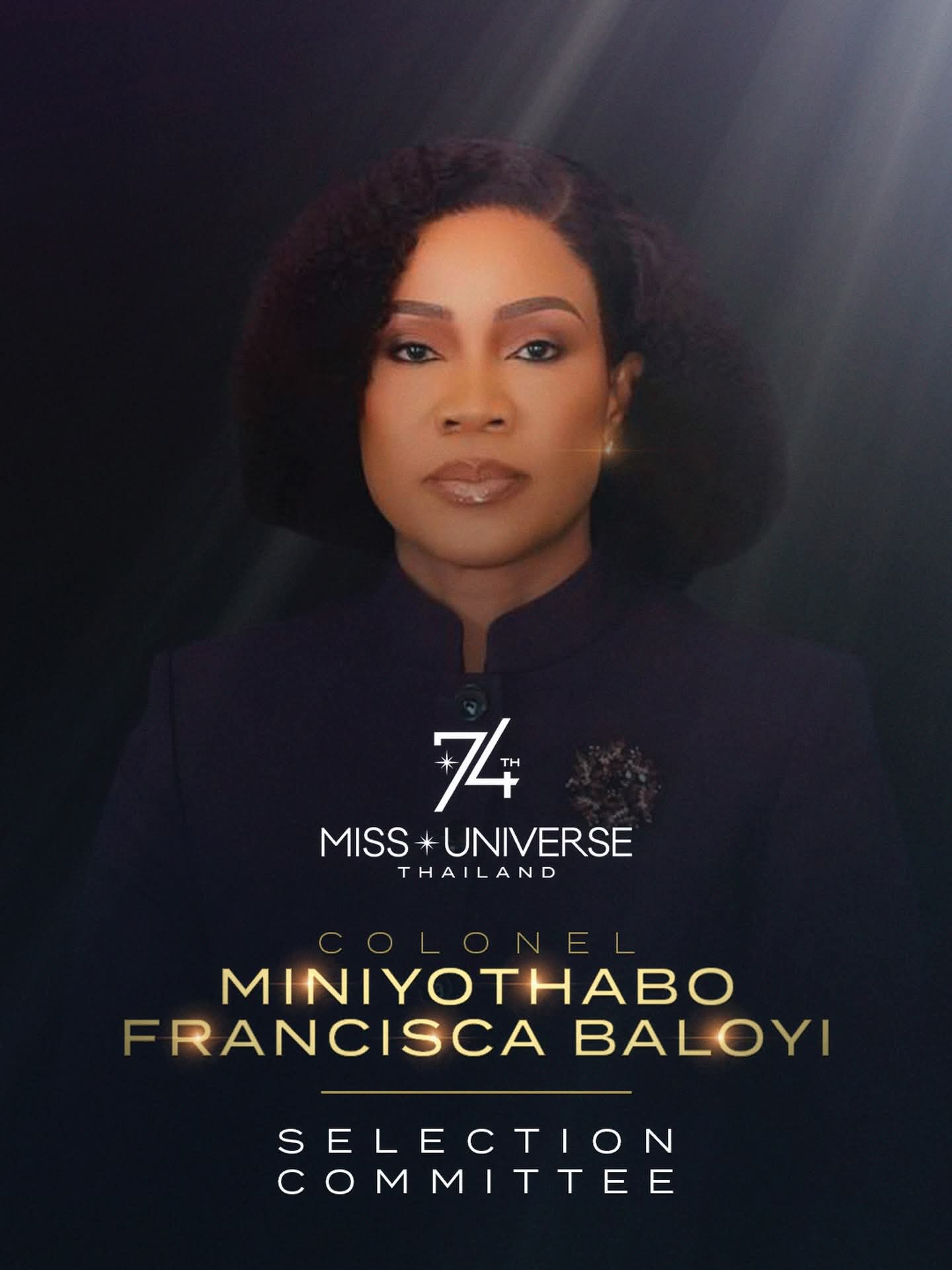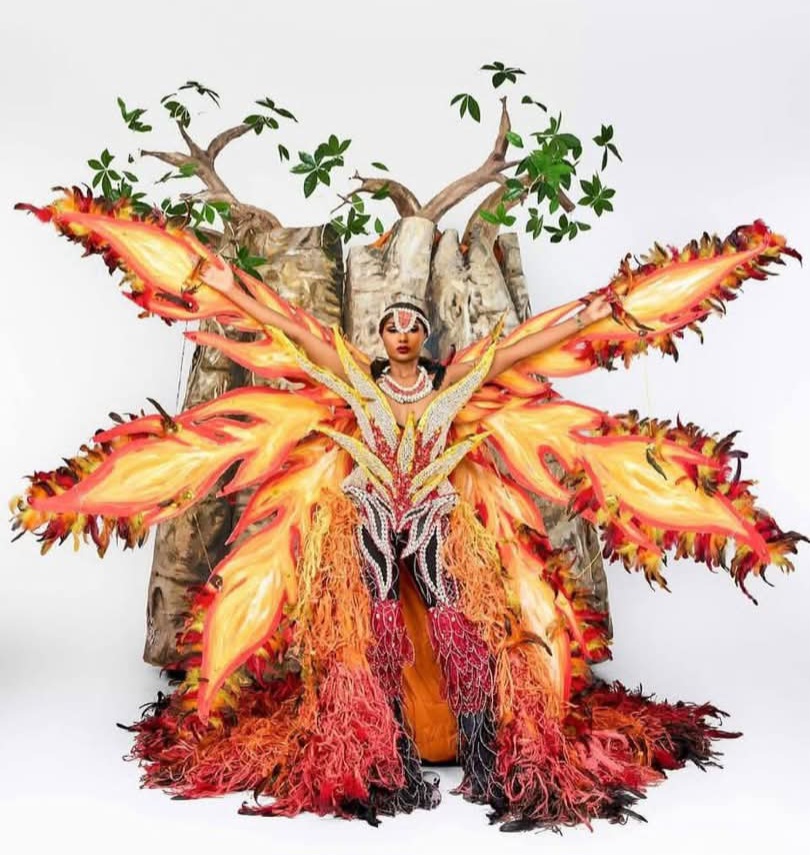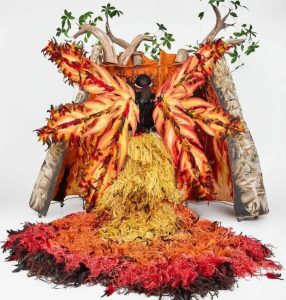Entertainment
Manhanga Matete: A Rhythmic Mirror Reflects Zimbabwe’s Double Life

By Fanuel Tafadzwa Gondo
HARARE – The beat drops, and an undeniable energy ripples through the room. Whether it’s the packed aisles of a supermarket, a bustling kombi, or a wedding reception, the rhythm is the same—infectious, traditional, and impossible to ignore. A song titled “Manhanga Matete,” which translates to “unripe pumpkins,” has become more than just a dance anthem; it is a cultural phenomenon, a mirror held up to Zimbabwe’s soul, reflecting a truth many have tried to bury: the enduring power of Chivanhu in a seemingly modern society.
The song’s title is a metaphorical nod to ancestral wisdom and traditional knowledge, often hidden or overlooked. Yet, its popularity is not confined to those who openly embrace African traditions. The song has become a staple at events and on playlists of people who, in public, espouse Western religious values or a secular, cosmopolitan lifestyle. This disconnect is where the story of “Manhanga Matete” truly begins.
The duality we see today is a direct legacy of colonial and missionary influences. As the scholar Dr. Rino Zhuwarara observed in his work on Zimbabwean literature, the colonial project “saw our spirituality as a practice that was surface and superficial, that failed to reach and transform the inner person within.” This systematic campaign to dismantle indigenous spiritual systems aimed to sever people’s connection to sacred ancestral sites and traditions. Missionary schools and churches actively demonized traditional practices, equating Chivanhu with savagery and ignorance to accelerate conversion. The result was a generation taught to be ashamed of their heritage, leading to a public suppression of indigenous beliefs.
However, as cultural critic Dr. Tafataona Mahoso has argued, this suppression never fully succeeded. Mahoso’s work often highlights how African spirituality, while attacked, found ways to endure beneath the surface of modern life. A significant number of Zimbabweans, despite identifying with a Christian denomination, also believe in and consult traditional elders for guidance on matters of health, fortune, and family. The use of traditional medicines derived from trees, fruits, and roots remains a widespread practice, even among those who publicly attend Western-style churches. This demonstrates that the public face of modernity often masks a private adherence to tradition.
The “Manhanga Matete” phenomenon goes beyond mere hypocrisy; it points to a deep-seated identity crisis. The song’s true power lies in its poignant lyrics, which offer a subtle yet profound cry for help rooted in traditional cosmology. The line “Manhanga matete todya maruva” (“the pumpkins are unripe and we’re eating flowers”) speaks volumes. It’s a powerful metaphor for a state of suffering and scarcity, where people are forced to consume the immature and unfulfilling, a cry of desperation when the expected harvest has failed. This is followed by the evocative appeal to “Mhondoro Dzemapako” (“Lion Spirits of the Caves”), a direct address to powerful ancestral spirits believed to reside in sacred caves and forests. By calling upon these spiritual guardians, the artist is not merely singing; they are making a spiritual plea, a public lament for a people facing hardship and seeking ancestral intervention.
The song’s widespread success—fueled by social media platforms like TikTok, where dance challenges have gone viral—demonstrates its broad appeal. It has transcended generational divides, drawing in young Zimbabweans who may have grown up with little exposure to traditional rituals but are instinctively connecting with the song’s resonant beat. It is a testament to the idea that some connections are too profound to be erased by cultural indoctrination.
“Manhanga Matete” didn’t ask for permission to enter the national consciousness. It simply arrived, a powerful and honest declaration of cultural identity. It poses a crucial question to a nation grappling with its past and future: How long can people run from their own reflection? The song has become a catalyst for a necessary conversation, a rhythmic call to unlearn the shame and confront the truth of who we are. Perhaps, in dancing to the beat of our ancestors, we are not just celebrating a song but beginning to heal.
Entertainment
Colonel Baloyi-Chiwenga Appointed Judge for Miss Universe 2025

Colonel Miniyothabo Baloyi-Chiwenga, who chairs the Miss Universe Zimbabwe Organisation, has been named one of the official judges for the 2025 Miss Universe pageant in Thailand.
Her appointment, announced in Bangkok ahead of Saturday’s grand finale, has sparked excitement both at home and abroad, marking a major milestone for Zimbabwe on the global pageant scene.
Colonel Baloyi-Chiwenga will sit on a distinguished panel that includes leading international pageant experts, fashion industry executives, former Miss Universe titleholders and cultural ambassadors. Together, they will evaluate more than 80 contestants vying for the coveted crown.
The recognition is being hailed as a testament to her leadership, professionalism and growing influence in the global beauty pageant industry.
Entertainment
Wicknell Chivayo Gifts Mudiwa Hood 2025 Range Rover for Entrepreneurship and Philanthropy

Prominent businessman Wicknell Chivayo has awarded entrepreneur and musician Mudiwa Hood a brand-new 2025 Range Rover Sport 3.0 Autobiography in recognition of Hood’s achievements in business, academia, and community development.
Chivayo announced the gesture this week, citing Hood’s growth from his upbringing in Chitungwiza to becoming one of the country’s most visible young entrepreneurs. The luxury SUV, which is fully paid for, is set to be collected from Exquisite Car Dealership on Monday.
Hood, who holds qualifications in economics and banking, has built a diverse business portfolio spanning construction, energy, real estate, logistics, media, finance and fashion. He is also an award-winning hip-hop artist, author and motivational speaker. His popular track Ndaida Mari Ndina Mwari continues to resonate with audiences for its message on faith and success.
Beyond his business interests, Hood runs the Mudiwa Hood Foundation, which supports various charitable causes and youth initiatives. His motivational book, Shut Up & Make Money, has also positioned him as a mentor for aspiring entrepreneurs.
Chivayo described Hood as a “disciplined, hardworking and versatile young leader,” saying the gift was meant to encourage him to continue championing youth empowerment and personal development.
The recognition adds to Hood’s growing public profile and underscores the increasing visibility of young Zimbabwean entrepreneurs contributing to both business innovation and community upliftment.
Entertainment
Miss Universe Zimbabwe Unveils Baobab-Inspired National Costume for 2025 Pageant

Miss Universe Zimbabwe 2025 has unveiled her national costume, an elaborate ensemble paying homage to one of the country’s most recognisable natural and cultural symbols, the Baobab tree.
The costume, titled “Born of the Baobab, Forged in Flame,” was revealed this week ahead of her participation on the global stage. Designers drew inspiration from the Baobab’s centuries-old reputation as a symbol of resilience, ancestry and renewal, themes that continue to hold deep meaning in Zimbabwean heritage.
Showcasing a dramatic fusion of artistry and environmental consciousness, the costume features fiery hues representing endurance, rebirth and the transformative power of flame. It incorporates sustainably sourced Baobab fibres, shaped into a commanding silhouette that mirrors the tree’s towering structure and spiritual presence in local folklore.
Organisers said the design was created to highlight Zimbabwe’s natural identity while celebrating modern craftsmanship. The Baobab, often referred to as the “Tree of Life,” is revered across many communities for its longevity, medicinal properties and role as a source of nourishment.
The national costume reveal marks a key milestone in Zimbabwe’s Miss Universe preparations, with pageant officials expressing confidence that the bold, symbolic design will stand out on the international stage.
The 2025 Miss Universe competition is expected to draw participants from more than 80 countries, offering Zimbabwe another opportunity to showcase its culture, creativity and storytelling through fashion.
-

 Current Affairs1 week ago
Current Affairs1 week agoOperation restore order
-

 Crime and Courts2 months ago
Crime and Courts2 months agoMasasi High School Abuse Scandal Sparks Public Outcry
-

 Crime and Courts2 months ago
Crime and Courts2 months agoKuwadzana Man Jailed for Reckless Driving and Driving Without a Licence
-

 Current Affairs3 months ago
Current Affairs3 months agoMunhumutapa Day: Zimbabwe’s Newest Public Holiday Set for Annual Observance
-

 Current Affairs4 months ago
Current Affairs4 months agoBreaking: ZIMSEC June 2025 Exam Results Now Available Online
-

 Current Affairs1 month ago
Current Affairs1 month agoBREAKING NEWS: ZANU PF Director General Ezekiel Zabanyana Fired
-

 Current Affairs3 months ago
Current Affairs3 months agoGovernment Bans Tinted Car Windows in Nationwide Crime Crackdown
-

 Current Affairs2 months ago
Current Affairs2 months agoExposed: Harare GynecologistChirume Accused of Negligence, Extortion, and Abuse



